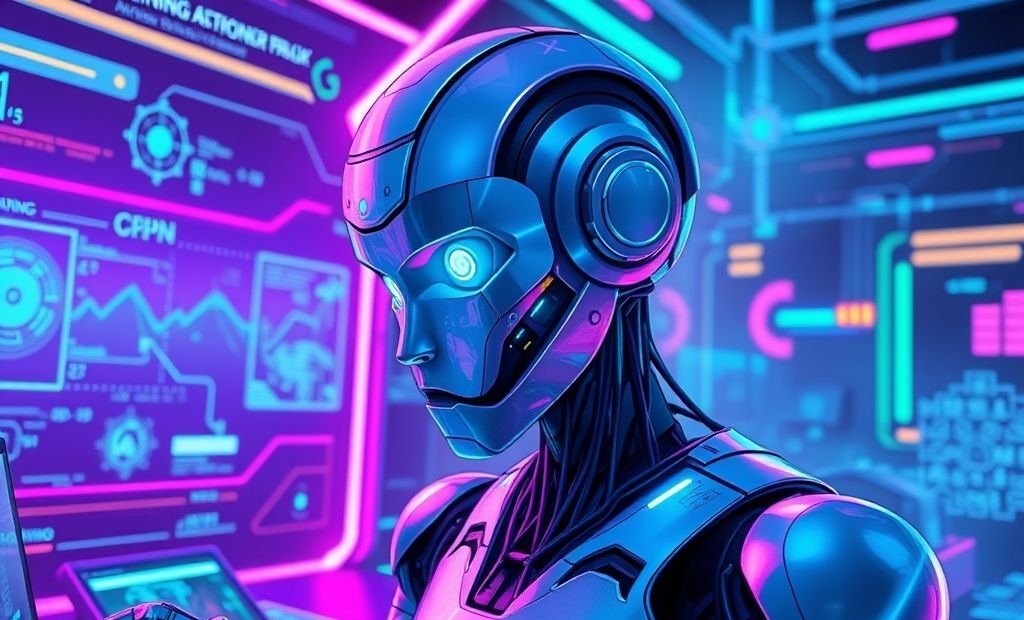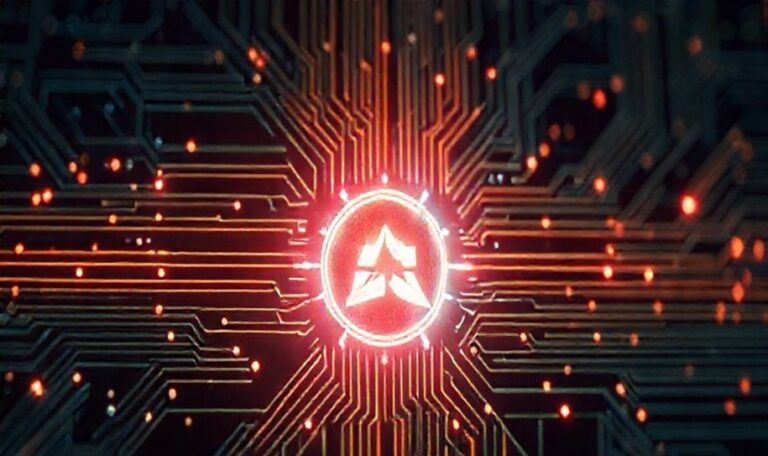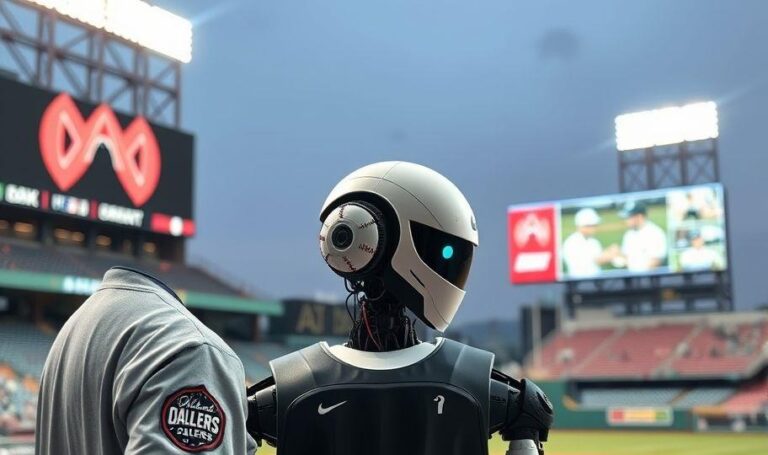AI Agents in Gaming: Transforming Virtual Training Grounds

AI Agents in Gaming: Transforming Virtual Training Grounds Artificial intelligence (AI) is rapidly changing numerous aspects of our lives, and the gaming industry is at...
⏱️ Estimated reading time: 4 min
Latest News
AI Agents in Gaming: Transforming Virtual Training Grounds
Artificial intelligence (AI) is rapidly changing numerous aspects of our lives, and the gaming industry is at the forefront of this revolution. One particularly exciting area is the development and training of AI agents within video game environments. These virtual training grounds offer a safe and cost-effective space to develop AI that can then be applied to real-world robotics and other practical applications. Let’s explore how AI agents in gaming are transforming the landscape.
The Power of Virtual Training
Video games provide a rich, complex, and easily controllable environment for training AI. Here are a few reasons why they are so effective:
- Safe and Cost-Effective: Unlike training in the real world, virtual environments eliminate the risk of physical damage or injury to robots and the surrounding environment. They are also significantly cheaper to run.
- Scalable and Repeatable: Scenarios can be easily replicated and scaled, allowing AI agents to learn from a wide range of experiences quickly.
- Controlled Variables: Developers can precisely control variables, such as lighting, weather, and object placement, to isolate and study specific aspects of AI behavior.
- Fast Iteration: AI algorithms can be tested and refined at a much faster pace in virtual environments than in the real world.
Applications in Robotics
AI agents trained in games are showing immense promise in transferring their knowledge to physical robots. Here are some notable examples:
Navigation and Pathfinding
AI agents are trained in complex game environments to navigate challenging terrains and avoid obstacles. This knowledge can then be applied to robots designed for tasks such as warehouse automation, delivery services, and search and rescue operations.
Example:
A robot trained in a simulated city environment can learn to navigate sidewalks, cross streets, and avoid pedestrians, enabling it to deliver packages safely and efficiently in the real world.
Object Recognition and Manipulation
Games provide a wealth of visual data for training AI to recognize and manipulate objects. This is crucial for robots that need to perform tasks such as assembly, sorting, and cleaning.
Example:
An AI agent trained to pick up and place objects in a simulated factory setting can then be deployed to a real factory to automate the assembly process.
Human-Robot Interaction
Games offer realistic simulations of human behavior, allowing AI agents to learn how to interact with people in a natural and intuitive way. This is essential for robots designed to work alongside humans in collaborative environments.
Example:
An AI agent trained to respond to human instructions in a virtual training scenario can then be deployed as a personal assistant robot that can understand and follow commands in the real world.
Beyond Robotics: Other Real-World Applications
The benefits of training AI agents in gaming extend beyond robotics. Here are some other exciting applications:
- Autonomous Vehicles: Training AI drivers in simulated traffic environments can significantly accelerate the development of self-driving cars.
- Medical Diagnosis: AI agents can be trained on medical imaging data from games to improve the accuracy and speed of medical diagnoses.
- Financial Modeling: Games can simulate complex financial markets, allowing AI agents to develop sophisticated trading strategies.
Challenges and Future Directions
While the potential of AI agents in gaming is undeniable, there are still challenges to overcome:
- Reality Gap: Bridging the gap between simulated and real-world environments is crucial for ensuring that AI agents perform effectively in the real world.
- Data Bias: Game environments may not always accurately reflect the diversity and complexity of the real world, which can lead to biased AI.
- Computational Resources: Training complex AI agents requires significant computational resources.
Despite these challenges, the future of AI agents in gaming is bright. As technology advances and our understanding of AI grows, we can expect to see even more innovative applications emerge in the years to come.
Final Overview
AI agents trained in video game environments are poised to revolutionize robotics and various other real-world applications. By leveraging the power of virtual training grounds, we can develop AI that is safer, more efficient, and more adaptable than ever before. As we continue to push the boundaries of AI and gaming, we can unlock even greater potential for these technologies to improve our lives.
Related Posts

Luminal’s $5.3M Boost: Revolutionizing GPU Code
Luminal Secures $5.3M to Advance GPU Code Framework Luminal has successfully raised $5.3 million in...
November 17, 2025

AI Takes the Field Oakland Ballers’ Bold Experiment
Oakland Ballers Bet on AI A Risky Play? The Oakland Ballers a team in the...
September 22, 2025

Hike Shuts Down Amidst Gaming Regulations in India
Hike Shuts Down Amidst Gaming Regulations in India Hike, once a prominent unicorn in India’s...
September 14, 2025











Leave a Reply